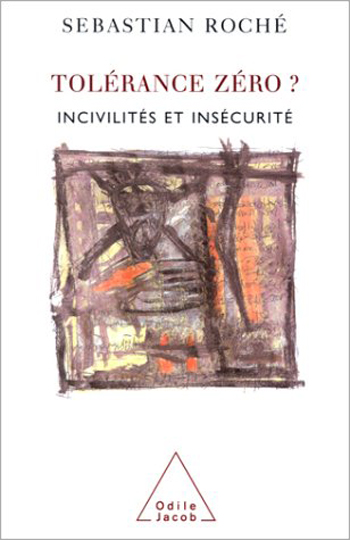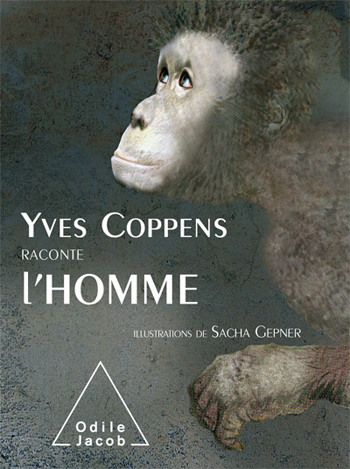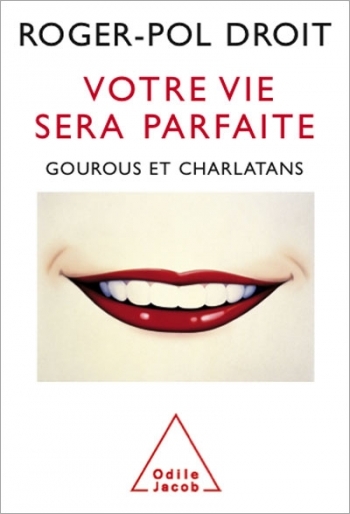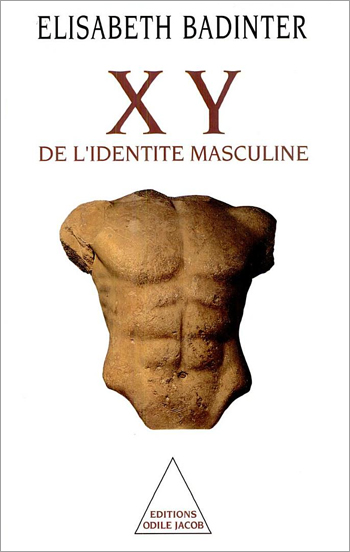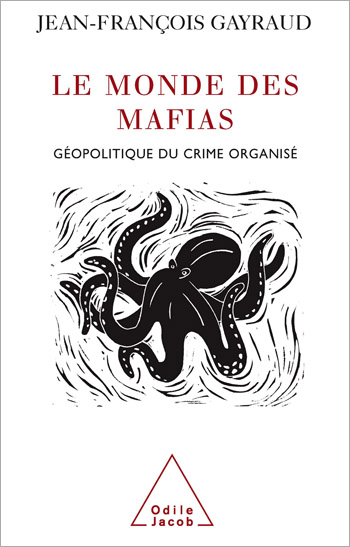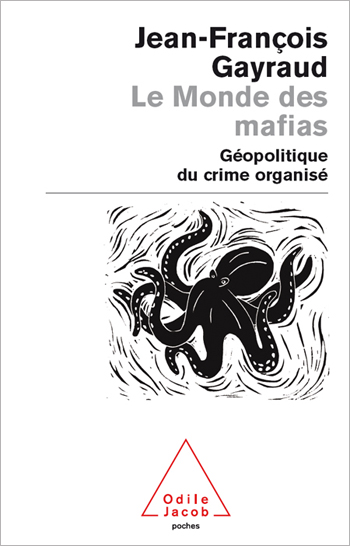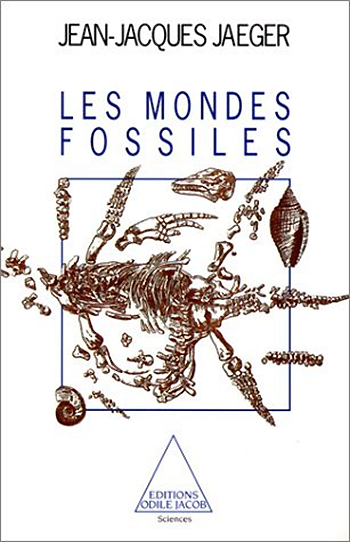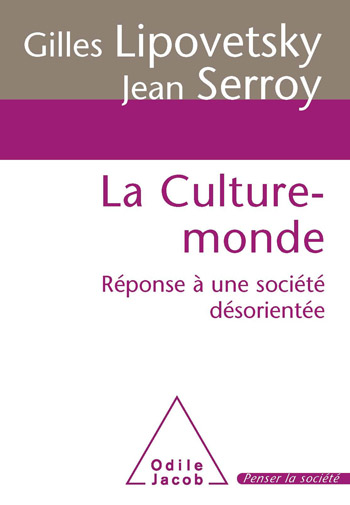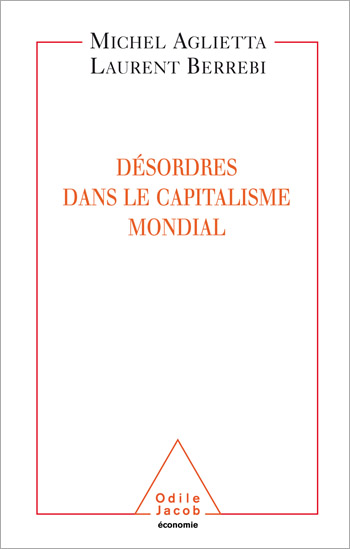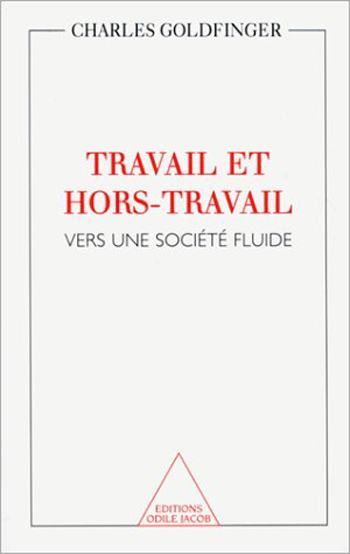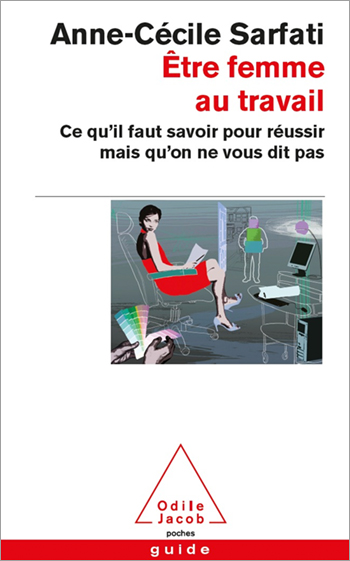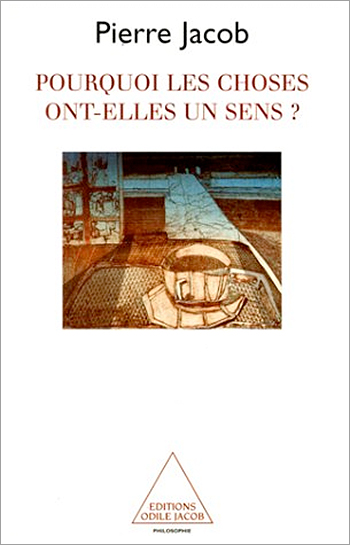Human Sciences All books
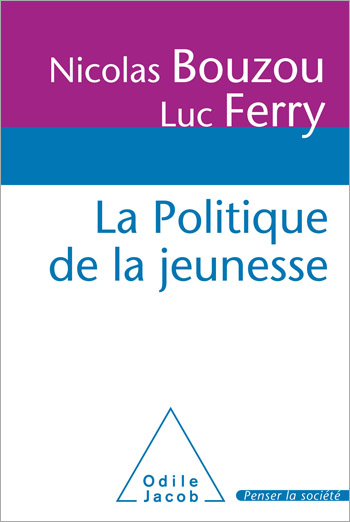
Nicolas Bouzou, Luc Ferry
Youth Today
Reflections on youth today and on how to improve its future, by two major experts
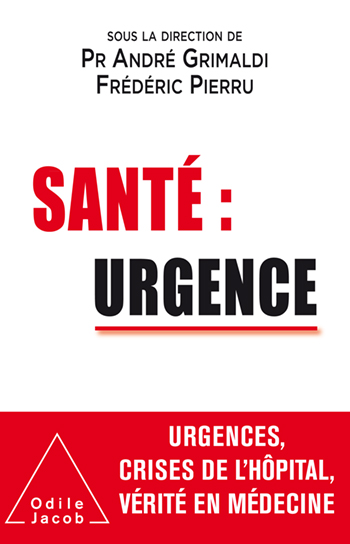
André Grimaldi, Frédéric Pierru
Your Health in the Future
How can we maintain the quality of care in hospitals? Is our health system equipped to respond to the challenges of the aging of the population and of chronic illnesses?
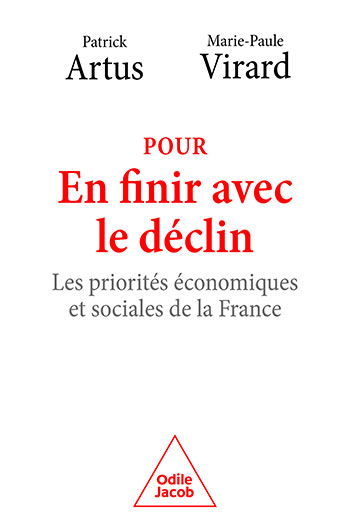
Patrick Artus, Marie-Paule Virard
Your Father’s Macroeconomics Is No Longer the Answer! Proposals for the Coming Five Years
Innovative analyses of the economic mechanisms that we struggle to understand regarding the debt, the rise of inequalities, monetary policy, etc.
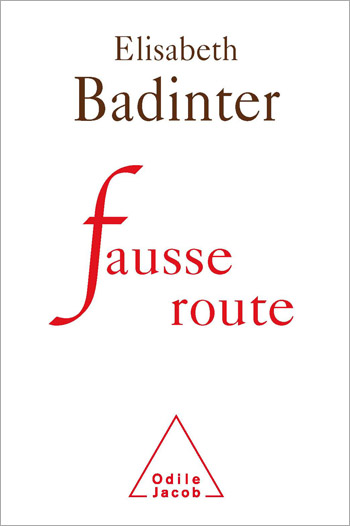
Élisabeth Badinter
The Wrong Road
Badinters new book is a candid review of 15 years of feminist discussion and polemics. From womens point of view, what real progress has been accomplished in the last 15 years? Do the feminist voices that are most often heard today express the concerns of the majority of women? What image of women and men are these feminist voices trying to promote? What model of sexuality do they wish to impose? Are we witnessing the return of the old male and female stereotypes, at womens expense?
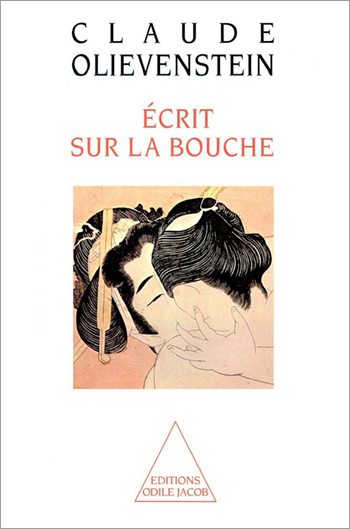
Claude Olievenstein
Written in the Mouth
"The mouth is beautiful. Everything starts with the mouth, from the first scream to the first sucking, from the first love kiss to the last farewell kiss. It is possible to view it only as an obscure hole or a devouring machine. It becomes more difficult when, from the labial to the short syllabe, it shapes itself as an instrument for language or music. Then, new questions are raised, especially regarding its relation to the cerebral systems." Claude Olievenstein
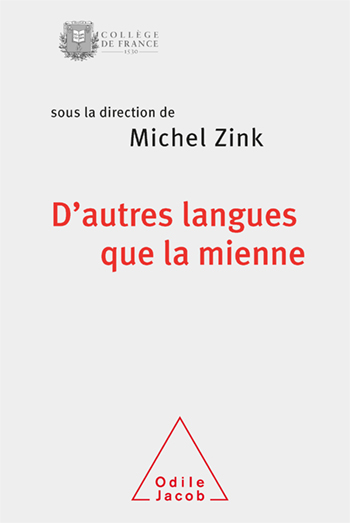
Michel Zink
Writing in a Language Other Than Mine
An in-depth study of the works of authors who have chosen to write in a foreign language
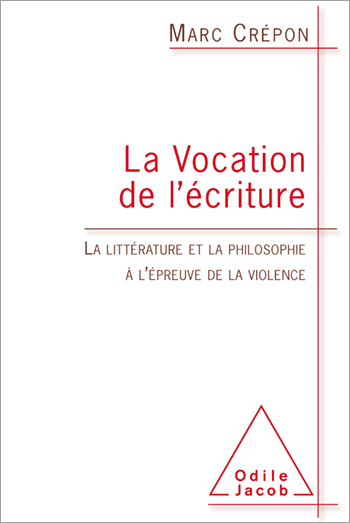
Marc Crépon
The Writer’s Vocation
From earliest childhood we all know how violent, unfair, even inflexible, language can be — particularly when we have to confront our parents’ or schoolteachers’ anger.
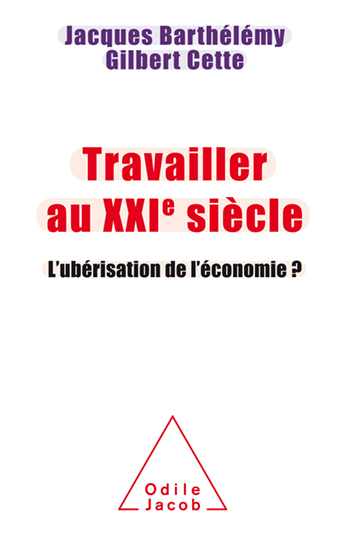
Jacques Barthélémy, Gilbert Cette
Working in the 21st Century The Uberization of the Economy
New labour laws for a new economy. Inevitable, but difficult to put into place, for the past year, labour-law reform has been at the heart of many key economic and political debates. Supported and co-published by two major think-tanks, Terra Nova and L’Institut de l’entreprise, this book will be heavily promoted.
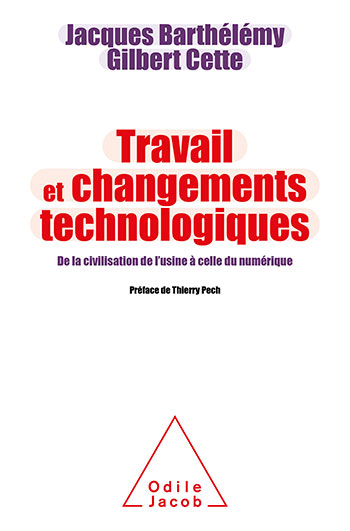
Gilbert Cette, Jacques Barthélémy
Work and Technological Changes From the Civilization of Factories to That of the Digital
Recent mutations in the world of work are an opportunity to seize in order to adapt the law to the most unprecedented situations.
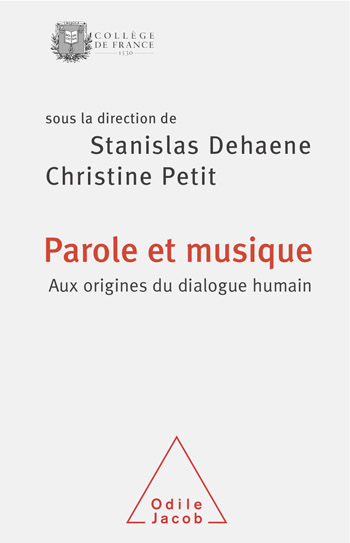
Stanislas Dehaene, Christine Petit
Words and Music Genesis of human dialogue
Speech and music shape social cognition through shared emotional states, intentions, symbols and cultures...
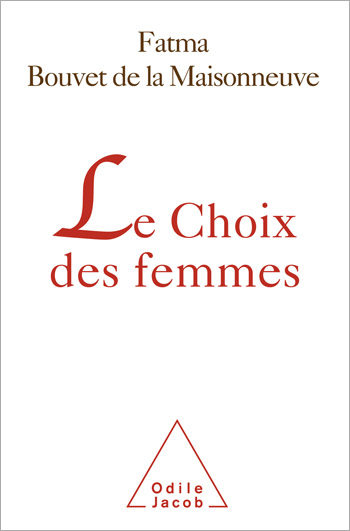
Fatma Bouvet de la Maisonneuve
Women's choice
woman physician-psychiatrist appraises the condition of women in today’s society.
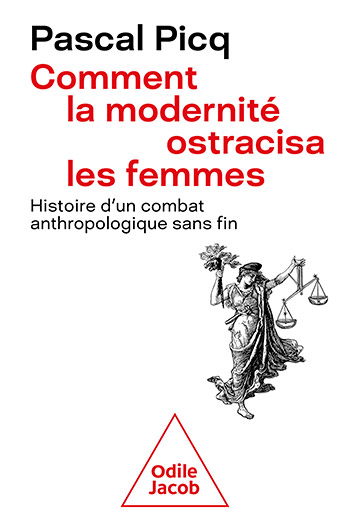
Pascal Picq
Women, Modernity and Progress
A book that looks back at history from an evolutionary perspective, by bringing women to the forefront of history and rejecting gender stereotypes that are often endorsed by historians themselves.

Barbara Polla
Women Who Break The Mould A book about women for women
A gallery of emblematic portraits of mould-breaking women, among them one of the great explorer Alexandra David-Néel whose motto was "Go where your heart takes you and follow your eyes." A campaigning work that will allow every one of us to break free of our shackles and to each make our contribution, as best we can, to a more open, more harmonious and more loving society.
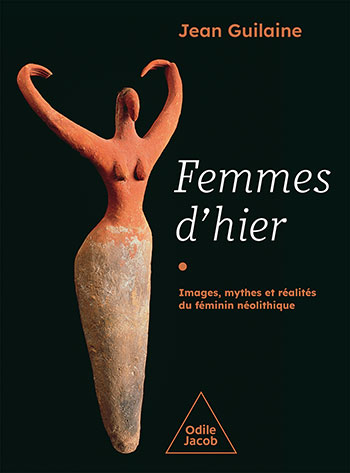
Jean Guilaine
Women of the Past Images, myths and realities of the Neolithic woman
A book by one of the most renowned specialists of the protohistoric period, to help understand women’s place in the first sedentary societies of the Neolithic period.
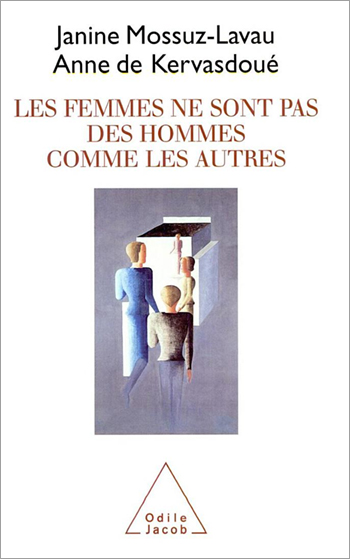
Janine Mossuz-Lavau, Anne de Kervasdoué
Women are Not Just Men
The changes which have come to be in the second half of the 20th century have taken women a long ways from the profile adopted by their mothers. Do all these transformations lead us to trace the portrait of a woman who has become a clone of men ? We can ask ourselves this question when we remember the arguments of feminists in the 70's employing the "egalitarian" themes of Simone de Beauvoir. More recently, some have gone so far as to announce the coming of an "androgynous" society. But what do the women and the men of this country think about all this ? How do women see themselves in relation to men ? How do they define themselves and how do they describe the men of their lives ? A very pointed realization of today's female identity. Janine Mossuz-Lavau is Director of Research at the CNRS.
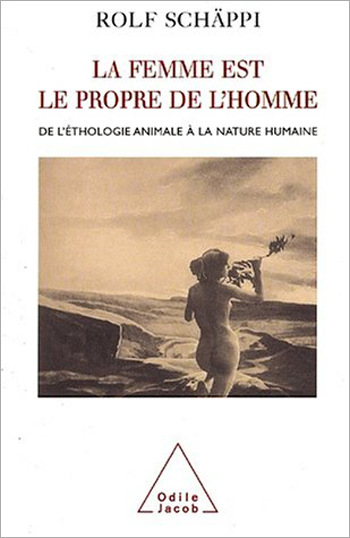
Rolf Schäppi
Woman is the Characteristic of Man From Animal Ethology to Human Nature
In this book, the author points out that although human beings are both mammals and primates, they differ in many significant ways from the other mammals and primates. Besides speech, laughter and the ability to use tools, the species Homo sapiens differs from its closest zoological cousins by three additional characteristics, which are less frequently cited because they are found only in the female. These are the female silhouette, hidden strus and the menopause. Rolf Schäppi is a psychiatrist and ethologist.
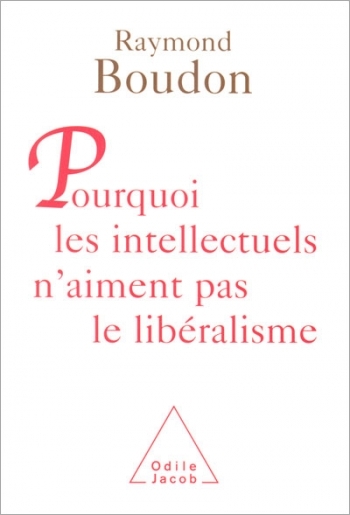
Raymond Boudon
Why intellectual peoples don't like liberalism
Given the intellectual force of liberalism, its political appeal, its economic effectiveness and its historical significance, why is it so unpopular among French intellectuals? Why does it elicit so little serious discussion? And why is it the object of so much confusion, so many clichés and misunderstandings? Is it simply out of resentment, because intellectuals feel that the market does not afford them the material and symbolic rewards that they believe they deserve? Is it just because they prefer to play a critical role in a society where capitalism is triumphant? Perhaps, but these reasons do not explain everything and they certainly dont explain the systematic rejection of liberal thought in France. A sociologist of knowledge rather than of social determinism, and a specialist in belief systems, Raymond Boudon ruthlessly analyses the cognitive mechanisms that make liberalism so hateful in the eyes of French intellectuals. The result is a keen, detailed review of the clichés that have encumbered discussions for more than thirty years. Raymond Boudon, a professor at the University of Paris-IV, is a member of the Académie des Sciences Morales et Politiques. He us the author of numerous works, most notably LInégalité des chances, La logique du social, LIdéologie ou lorigine des idées reçues, LArt de se persuader, Le Sens des valeurs and Déclin de la morale? Déclin des valeurs. He is the co-author, with R. Leroux, of Y a-t-il encore une sociologie?
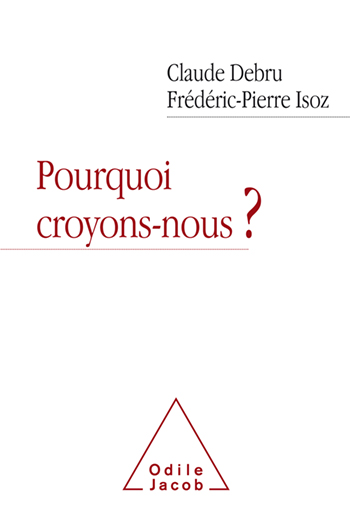
Claude Debru, Frédéric-Pierre Isoz
Why Do We Believe?
This book is a dialogue between a philosopher and a psychoanalyst.

